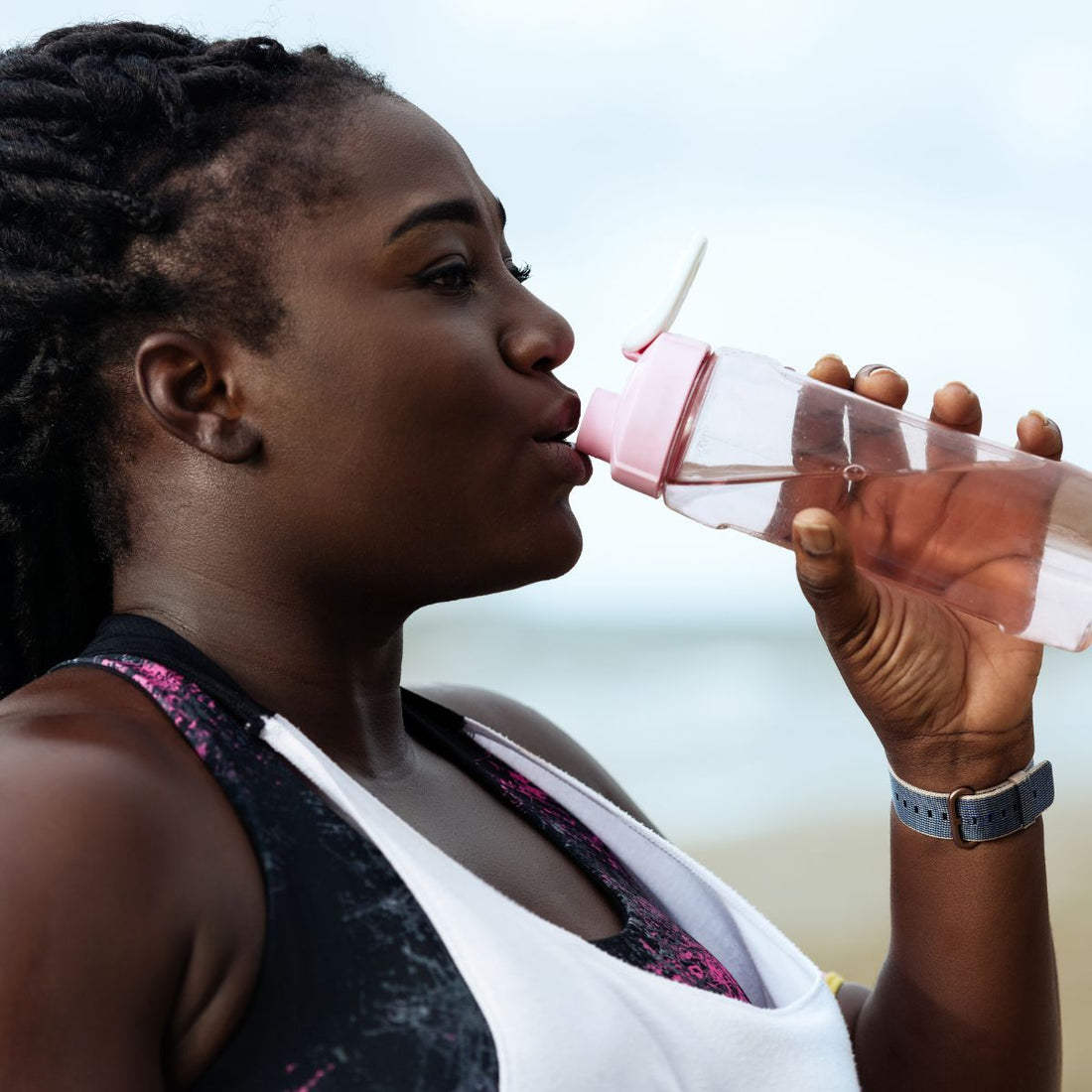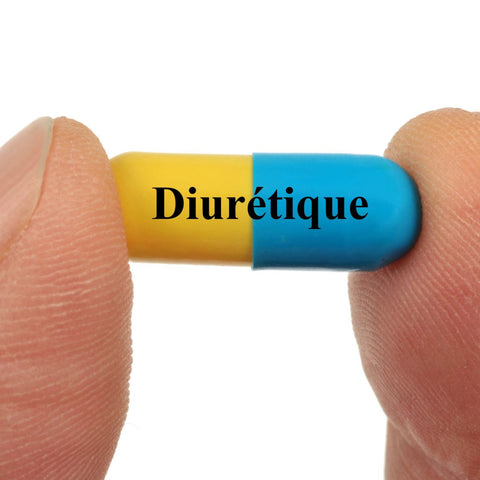
Is Coffee a Diuretic? How Caffeine Affects Hydration and Should You Worry?
Share
Coffee is the one drink that gets most of us out of bed in the morning. If you are the type of person who cannot live without a morning cup of joe, you will completely understand why we need it too!
The caffeine gives us the boost we need to wake up and get moving. Yet, for years, whether coffee is a diuretic has been discussed with no clear-cut answer. Until now.
Yes, we now know that coffee is a mild diuretic. But what else should we know about this drink we rely on so much every day? Let’s dive into those details!
What is the Meaning of Diuretic?

The word diuretic is basically referring to promoting urination. When you drink a beverage that has diuretic properties, your goal is to excrete excess water. Your urine output should always be higher when you add any form of a diuretic to your diet.
Diuretics also help with the balance of sodium levels. Excess sodium is removed through urine. The effects of caffeine are different for everyone though. So, it is important to discuss whether you should be using coffee as a diuretic with your doctor.
Why are Diuretics Important?
Diuretics are important, because your body shouldn’t have excess amounts of fluid or salt. Anyone who has swollen tissues, high blood pressure, heart failure, or kidney disease normally need to take water pills to treat their conditions.

Diuretics are important to remove excess fluid, because it keeps your heart and other organs functioning properly. Removing extra fluid ensures certain organs aren’t being stressed.
A few people also use diuretics as a type of detox. Coffee can be helpful during the detoxification process. Harmful toxins can be removed from the body at this time.
All Caffeinated Coffees are a Diuretic
Scientists have finally concluded that caffeinated coffee is a diuretic. A mild one.
The more caffeine in a cup of coffee results in a larger output of urine. Therefore, it is important to note that you will see the best diuretic effects if you choose a cup of coffee that has plenty of caffeine.

If you have been told to drink coffee as a diuretic, you should consider the caffeine content in the cup of coffee you are having. Your caffeine intake will need to be higher than in the past if you have been drinking coffee regularly and are trying to use coffee as a natural diuretic. Basically, a casual coffee drinker will have different results than regular coffee drinkers when starting to use coffee as a diuretic.
Decaffeinated coffee only has approximately 2% of the caffeine regular coffee does. You should never count on decaf coffee to act as a diuretic for you if that’s all you drink.
Caffeine Content in Different Types of Coffee and Other Caffeinated Drinks
Brewed Coffee
Brewed coffee is the most popular type of coffee in the country. An 8-ounce cup of brewed coffee contains between 70 and 140 milligrams of caffeine.
Instant Coffee

Instant coffee is the go-to coffee for campers, hikers, and other outdoor enthusiasts. This type of coffee has between 30 and 90 milligrams of caffeine.
Espresso
Espresso is a popular coffee loved by those who need a quick pick me up. A single shot of espresso contains approximately 63 milligrams of caffeine.
Brewed Black Tea
A cup of brewed black tea contains approximately 47 milligrams of caffeine.
Brewed Green Tea
Green tea only contains 28 milligrams of caffeine once brewed.
Energy Drinks

Energy drinks contain a lot of caffeine. A single can will have about 75 milligrams of caffeine. Sports drinks are different than energy drinks. They do not contain caffeine. However, they will help you regulate your fluid balance when you are working out or are feeling ill.
Cola
Each type of soda has its own caffeine levels. However, cola has 29 milligrams of caffeine in each serving.
The Effects of Coffee as a Diuretic
We know that the main effect of coffee as a diuretic is to form more urine. However, what other effects are there on your body?
Some people think that drinking caffeinated coffee is dehydrating. However, there is no evidence of dehydration. Your daily coffee intake adds to the total amount of liquid you are consuming each day. So, your hydration status is not affected when you indulge in an extra cup of coffee one day and not enough of your usual daily water intake.

Coffee also acts as a mild laxative for some people. Some people think it is because caffeine is stimulating. The effect of caffeine induces the production of bile and increases bowel movements.
Keep in mind that coffee may have the opposite effect for some people.
Drinking coffee as a diuretic can be helpful for many people. Especially those who are in the early stages of heart failure, high blood pressure, and kidney disease. Yes, caffeinated tea, or other caffeinated beverages, can have the same effect as coffee. Yet, if you are one of the regular coffee drinkers in the world, nothing will take the place of the diuretic benefits you receive when you enjoy your cups of coffee every day.

